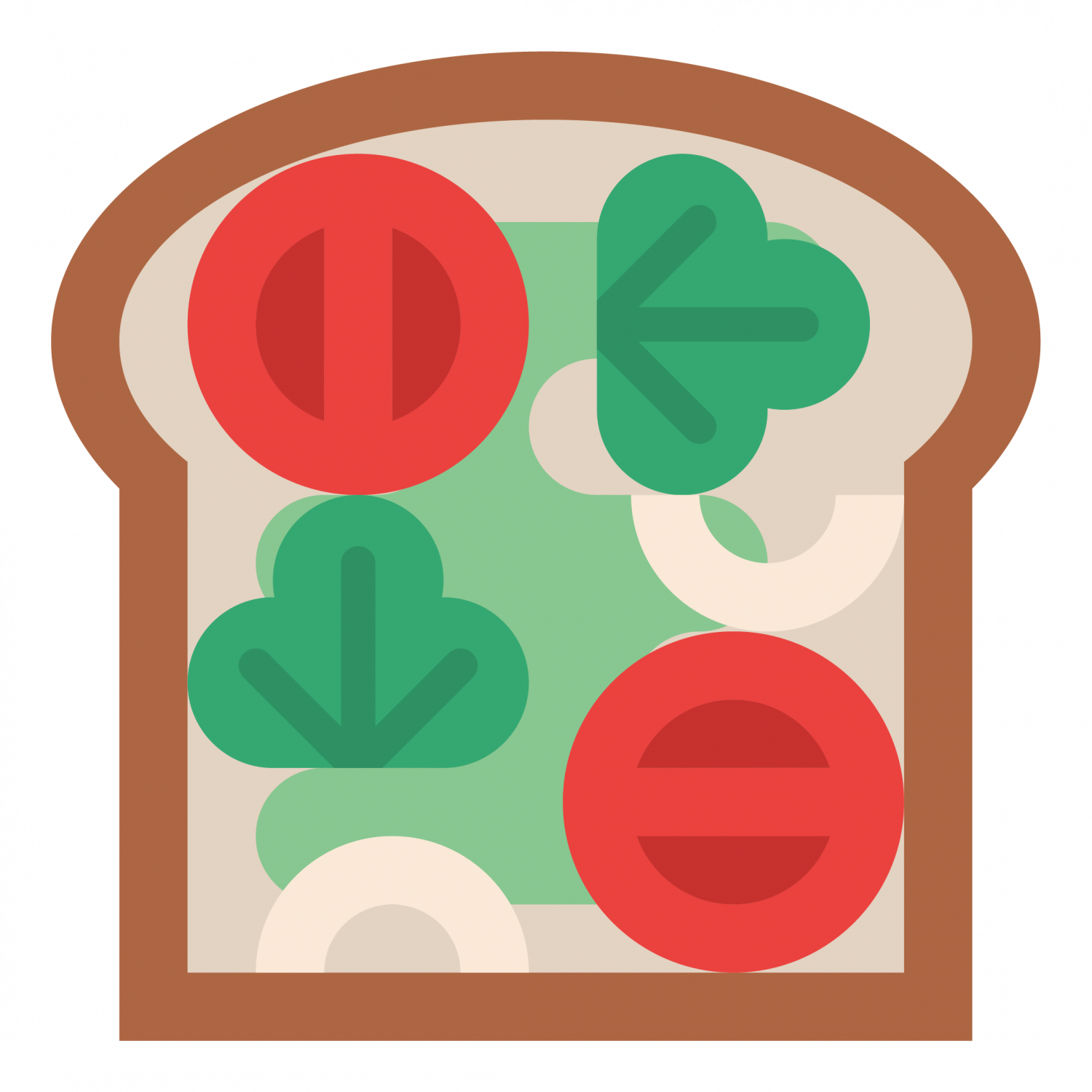Nutrition for Longevity and Vitality
Longevity is not just about extending years of life—it is about enriching the quality of those years. The pursuit of vitality, strength, and mental clarity begins with what we eat. Nutrition serves as the foundation for how the body ages, how the mind functions, and how energy is sustained throughout life. Science continues to reveal that the key to living longer and feeling younger lies not in extreme diets or supplements, but in consistent, balanced nourishment that supports every cell in the body.
Eating for longevity is not about restriction but about abundance—the abundance of nutrients, colors, and natural foods that fuel life. It’s about creating harmony between nourishment and enjoyment, where food becomes both medicine and pleasure. Understanding how nutrition impacts the body over time allows us to make choices that enhance vitality at every stage of life.
The Cellular Foundation of Longevity
Every aspect of aging begins at the cellular level. The body’s cells are constantly regenerating, repairing, and defending against damage. Over time, oxidative stress—caused by free radicals from metabolism, pollution, and processed foods—wears down these cells. This cellular damage contributes to inflammation, loss of energy, and chronic diseases.
Nutrition plays a vital role in protecting and renewing cells. Antioxidant-rich foods such as berries, leafy greens, nuts, and olive oil help neutralize free radicals. Vitamins C and E, selenium, and polyphenols act as the body’s natural defense system, slowing cellular aging.
Equally important are omega-3 fatty acids, found in fish, flaxseeds, and walnuts, which reduce inflammation and support cell membrane health. Healthy cells mean stronger organs, better energy, and greater resilience to stress. By nourishing at the microscopic level, we strengthen the entire body’s capacity to thrive over time.
The Role of Macronutrients in Energy and Longevity
Longevity requires steady, sustainable energy rather than the peaks and crashes of modern eating patterns. This balance begins with macronutrients—carbohydrates, proteins, and fats—each serving a unique purpose in maintaining vitality.
Carbohydrates provide the brain and muscles with their preferred energy source. Choosing complex carbohydrates such as whole grains, legumes, and vegetables ensures a slow release of glucose into the bloodstream, stabilizing energy and preventing fatigue.
Protein becomes increasingly important as we age, as it supports muscle repair and immune function. Without sufficient protein, the body loses lean mass, which leads to decreased strength and slower metabolism. Sources such as eggs, fish, tofu, and beans maintain tissue integrity and support healthy aging.
Healthy fats are essential for hormone regulation, heart health, and brain function. Monounsaturated and polyunsaturated fats from olive oil, nuts, and fatty fish protect against cardiovascular disease and provide long-lasting energy. These fats also improve nutrient absorption, ensuring that vitamins and minerals reach where they are needed most.
A balanced combination of these macronutrients not only sustains energy throughout the day but also reduces the risk of age-related diseases, supporting a long and vibrant life.
The Power of Micronutrients
While macronutrients provide energy, micronutrients ensure that the body can use that energy efficiently. Vitamins and minerals are catalysts for thousands of biochemical reactions that keep us alive and active. Deficiencies can accelerate the aging process and weaken resistance to illness.
Calcium, magnesium, and vitamin D maintain strong bones and prevent osteoporosis. B vitamins, especially B12 and folate, support brain function and protect against memory decline. Zinc and vitamin C strengthen the immune system, while iron helps transport oxygen to every cell.
As the body ages, nutrient absorption naturally decreases. That’s why a varied diet rich in whole foods is crucial. Colorful vegetables, fruits, seeds, and lean proteins provide a full spectrum of micronutrients in their most bioavailable form. Eating a rainbow of foods each day ensures that the body receives the diverse nutrients it needs to maintain vitality.
Antioxidants and Anti-Inflammatory Foods
Chronic inflammation is one of the greatest enemies of longevity. It silently damages tissues and contributes to heart disease, diabetes, arthritis, and cognitive decline. Nutrition can either fuel or fight this process.
An anti-inflammatory diet emphasizes natural, unprocessed foods. Turmeric, ginger, garlic, and green tea contain compounds that actively reduce inflammation. Leafy greens, colorful fruits, and olive oil provide antioxidants that protect cells from damage.
Avoiding processed sugars, refined grains, and trans fats is equally important. These foods trigger inflammation and oxidative stress, weakening the body’s defenses. By replacing them with whole foods and healthy fats, we create an internal environment that promotes repair and regeneration.
The Role of the Gut in Longevity
The gut, often called the second brain, has a profound influence on overall health and aging. It houses trillions of bacteria that regulate digestion, immune function, and even mood. A balanced gut microbiome is essential for nutrient absorption and protection against disease.
Fiber is the key to a healthy gut. Whole grains, fruits, vegetables, and legumes feed beneficial bacteria, helping them produce short-chain fatty acids that reduce inflammation and support metabolism. Fermented foods like yogurt, kefir, sauerkraut, and kimchi add probiotics that enhance gut diversity.
When the microbiome thrives, it strengthens the immune system, improves digestion, and even supports mental clarity. Maintaining gut health through consistent, fiber-rich nutrition is one of the most powerful ways to extend vitality.
Hydration and Longevity
Water sustains every physiological process in the body. It transports nutrients, eliminates toxins, regulates temperature, and lubricates joints. Even mild dehydration can impair cognitive function, reduce energy, and strain the organs.
As we age, the sensation of thirst becomes less sensitive, increasing the risk of dehydration. Regularly drinking water, herbal teas, and consuming water-rich foods like fruits and vegetables helps maintain fluid balance.
Proper hydration supports kidney function, improves circulation, and enhances skin elasticity—all factors that contribute to longevity and a youthful appearance. A simple habit like drinking enough water daily can profoundly impact overall well-being.
Nutrition and Cognitive Vitality
Aging gracefully includes preserving mental clarity and emotional stability. The brain depends heavily on nutrition for its maintenance and performance. Diets rich in antioxidants, omega-3 fatty acids, and vitamins have been shown to protect against cognitive decline.
Leafy greens like spinach and kale supply folate and vitamin K, which support memory and brain cell health. Blueberries and other dark berries are packed with flavonoids that improve communication between neurons. Fatty fish provides essential omega-3s that enhance mood and cognitive function.
Conversely, diets high in refined sugars and saturated fats can impair memory and increase inflammation in the brain. Consistent consumption of nutrient-dense foods promotes neuroplasticity—the brain’s ability to adapt, learn, and grow—ensuring mental vitality well into later years.
The Importance of Consistency and Balance
The true secret to nutrition for longevity is not found in perfection but in consistency. A single meal does not define health; rather, it is the accumulation of small choices over time. Prioritizing fresh, whole foods, listening to hunger cues, and maintaining a balanced lifestyle create a sustainable foundation for vitality.
Moderation allows room for flexibility and enjoyment while preventing excess. Eating mindfully and appreciating food as a source of nourishment fosters emotional satisfaction and reduces stress. The joy of eating, combined with conscious choices, strengthens both physical and mental resilience.

